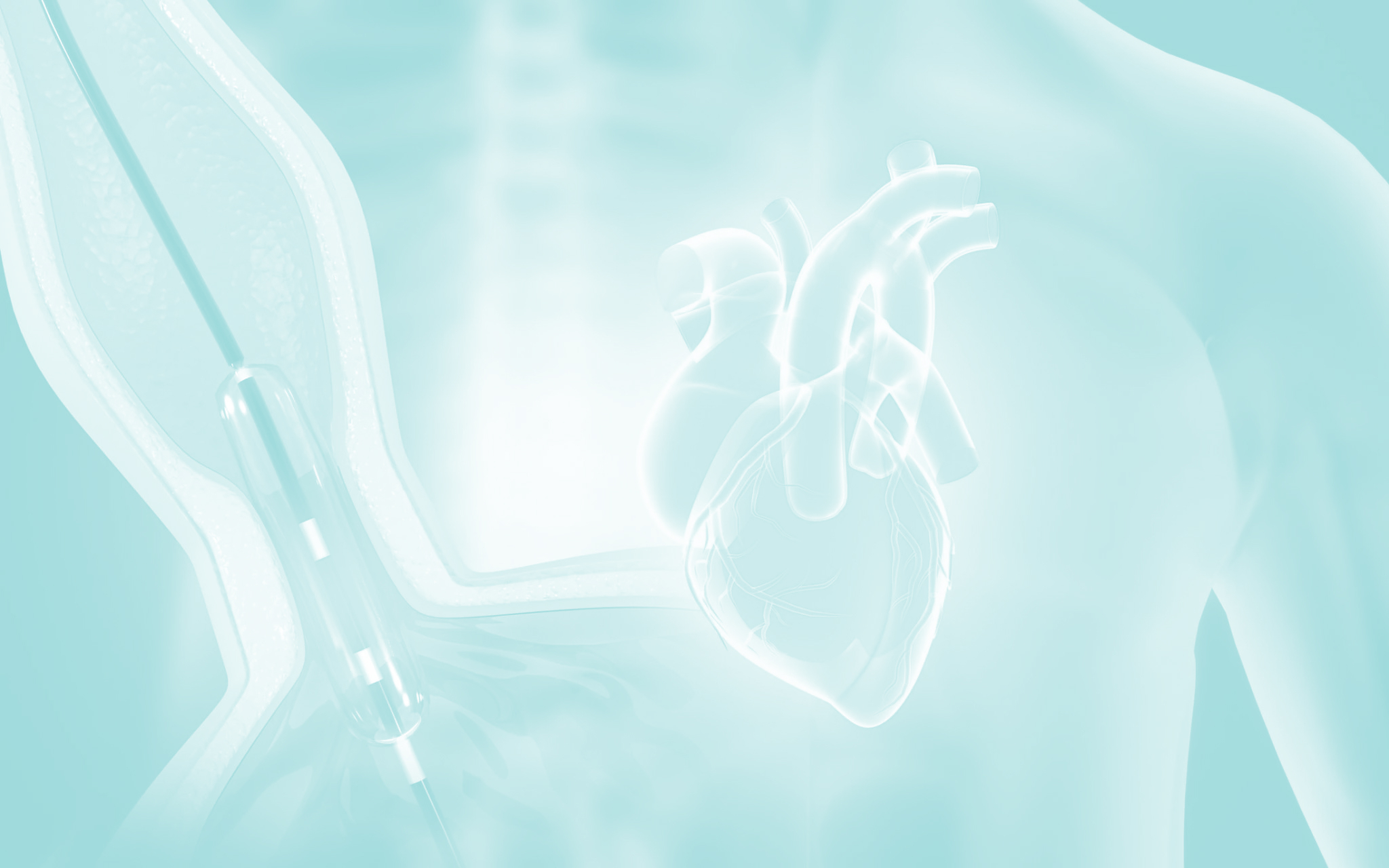An ECG is one of the simplest and quickest cardiology tests available and forms part of your baseline cardiology assessment.
An ECG is a non-invasive test that records your heart’s electrical activity. ECGs are a valuable tool to detect many different types of abnormalities including arrhythmias (irregular heart beats or rhythms), coronary artery disease (heart disease) or evidence of myocardial infarction (heart attack) and other potential problems.
There is no preparation for an ECG. We’ll place 12 stickers across your chest, arms and legs to connect them to an ECG machine. The results will be shown as a series of lines with spikes and waves to display the electrical currents within your heart.
The test should take no longer than a couple of minutes.

